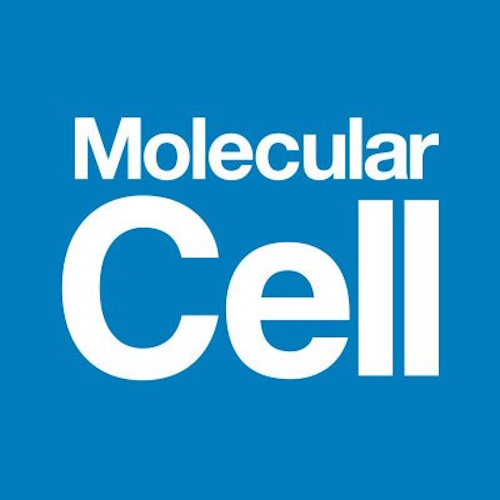Key points from article :
A new study may shed some light on how aging and circadian rhythms may be linked.
By discovering NAD+ role in preventing age-related disruption of circadian rhythms in mice.
Mice were given nicotinamide riboside (NR), precursor of NAD+, in drinking water for 4 months
Then examined circadian-regulated gene expression in the mouse livers.
Results: gene expression patterns of ~half of circadian-regulated liver genes were altered.
But in a beneficial manner when NAD+ levels were increased using NR.
The connection that NAD+ and circadian rhythms have are through sirtuins.
Sirtuin 1 (SIRT1) regulates circadian rhythms.
Sufficient NAD+ available means the body is able to regulate circadian rhythm properly.
This declines with age and SIRT1 can no longer work with it to regulate circadian rhythm.
Researchers from Northwestern University, University of Michigan, Florida State University.
Also from Uppsala University and University of Iowa, published in Molecular Cell.









